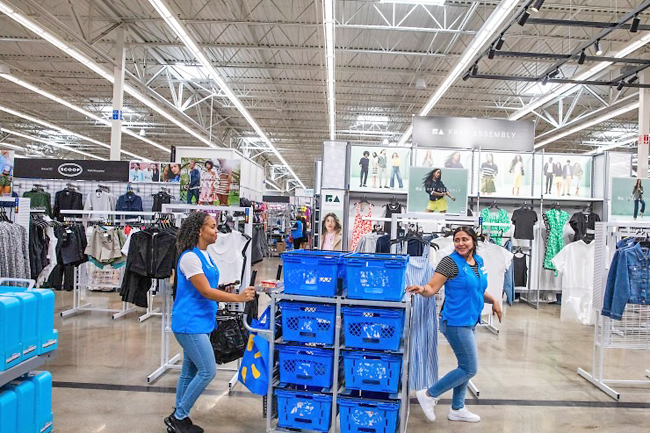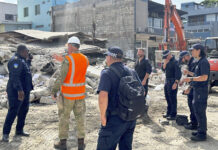AFP – The United States (US) unveiled its monthly employment figures yesterday – a final major economic snapshot at the end of a razor-edge presidential election campaign in which cost-of-living issues have dominated voter concerns.
The Labour Department’s report on hiring and unemployment will be closely scrutinised by the teams of both candidates – Democrat Kamala Harris and Republican Donald Trump – but the numbers will be distorted by fallout from devastating hurricanes and a major strike.
Unusually weak hiring numbers threaten to affect how Americans view the jobs market, some analysts warn.
The collective impact of Hurricanes Helene and Milton, alongside work stoppages by Boeing workers and others, could cut job growth by up to 100,000 roles, Council of Economic Advisers Chair Jared Bernstein said on Wednesday.
This means although a market consensus anticipates the world’s biggest economy added 120,000 jobs in October, the uptick should be much larger.
“The October jobs report will be muddied,” said EY senior economist Lydia Boussour. In the Bureau of Labour Statistics survey tracking hiring, workers on strike for the entire reference pay period are not counted as employed.
Besides some 33,000 Boeing workers on strike in the Seattle area, others doing so included 5,000 machinists at Textron Aviation and 3,400 hotel workers, Boussour noted.

Meanwhile, Hurricane Helene made landfall in late September – meaning many were probably unable to return to work when the labour market survey was carried out.
Similarly, the survey week coincided with Hurricane Milton’s landfall.
“The October jobs report will need to be put into the broader context of a resilient but slowing labor market,” Boussour told AFP.
Nationwide economist Oren Klachkin expects hiring conditions to be “more tepid in October”.
Despite slower hiring, economist Rubeela Farooqi of High Frequency Economics said the market’s resilience should still support household budgets.
A weaker headline hiring figure “will likely weigh on how people view economic conditions”, Farooqi said.
More broadly, “households are not feeling the benefits of a still strong labour market”, she added, pointing to the weight of cumulative inflation. But economist Harry Holzer, a nonresident senior fellow at the Brookings Institution in Washington, expects consumers’ focus on inflation means hiring numbers will not dramatically shift perceptions.
The public will already expect to see lower hiring due to strikes and disasters, he added.
A bigger problem would be a sharp labour market slowdown after taking temporary factors into account.
“Rising incomes are keeping consumers’ wallets open. Any disruption of this would suggest the economy’s growth engine is starting to sputter,” Klachkin said.
Barring negative surprises, he expects the Federal Reserve to opt for a quarter-percentage-point interest rate cut at next week’s policy meeting.
It is hard to predict the length of fallout from strikes and disasters.
For Aubrey Anderson, Chief Executive Officer of river recreation business Zen Tubing in North Carolina, Hurricane Helene’s devastation will cost at least a million dollars in losses.



















































